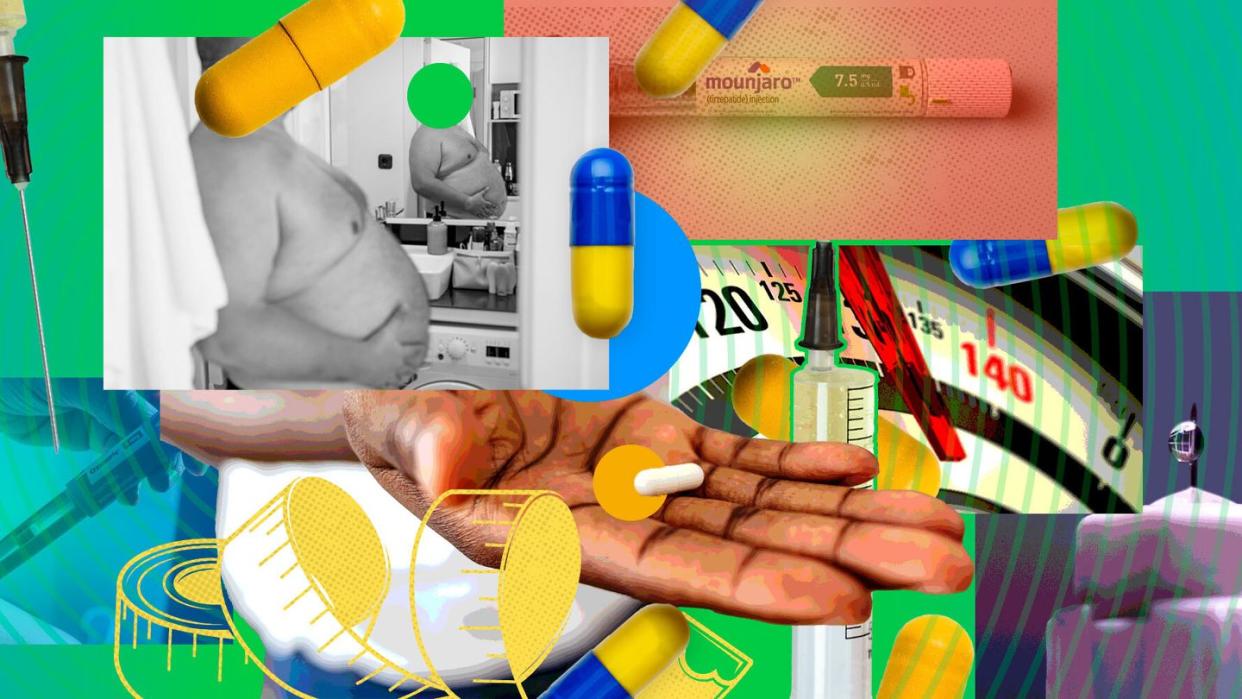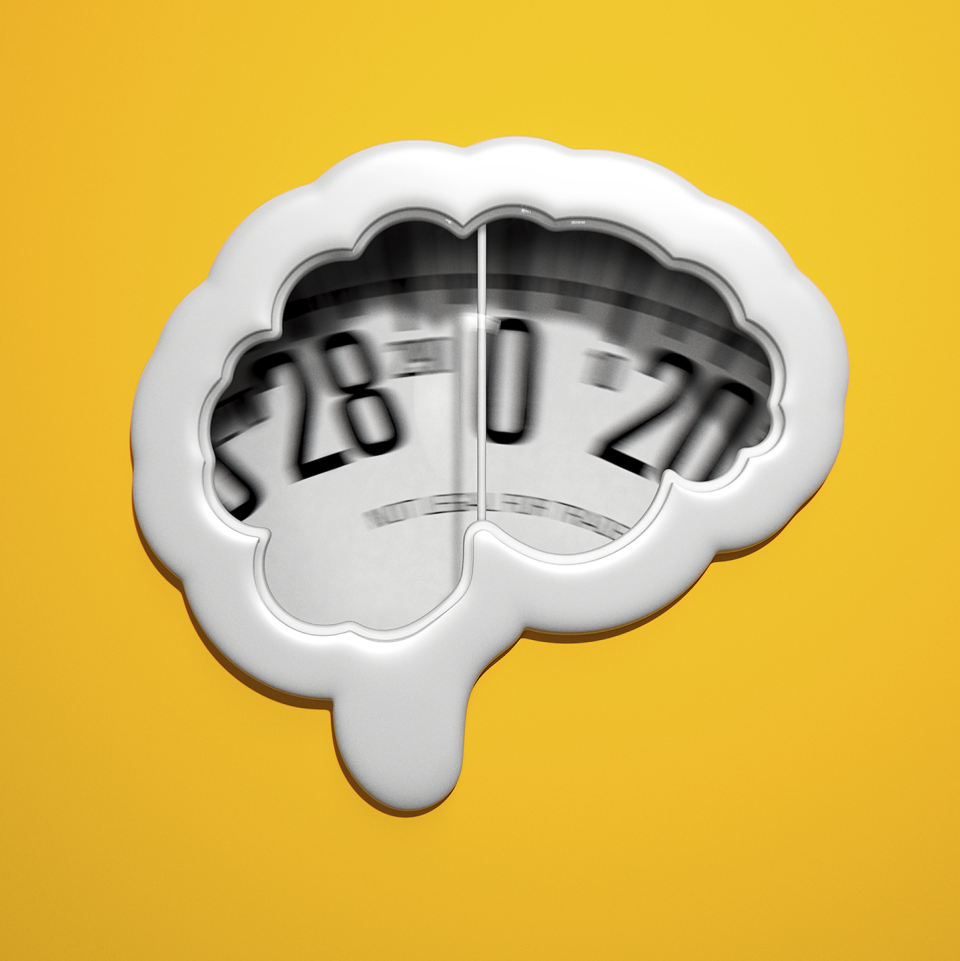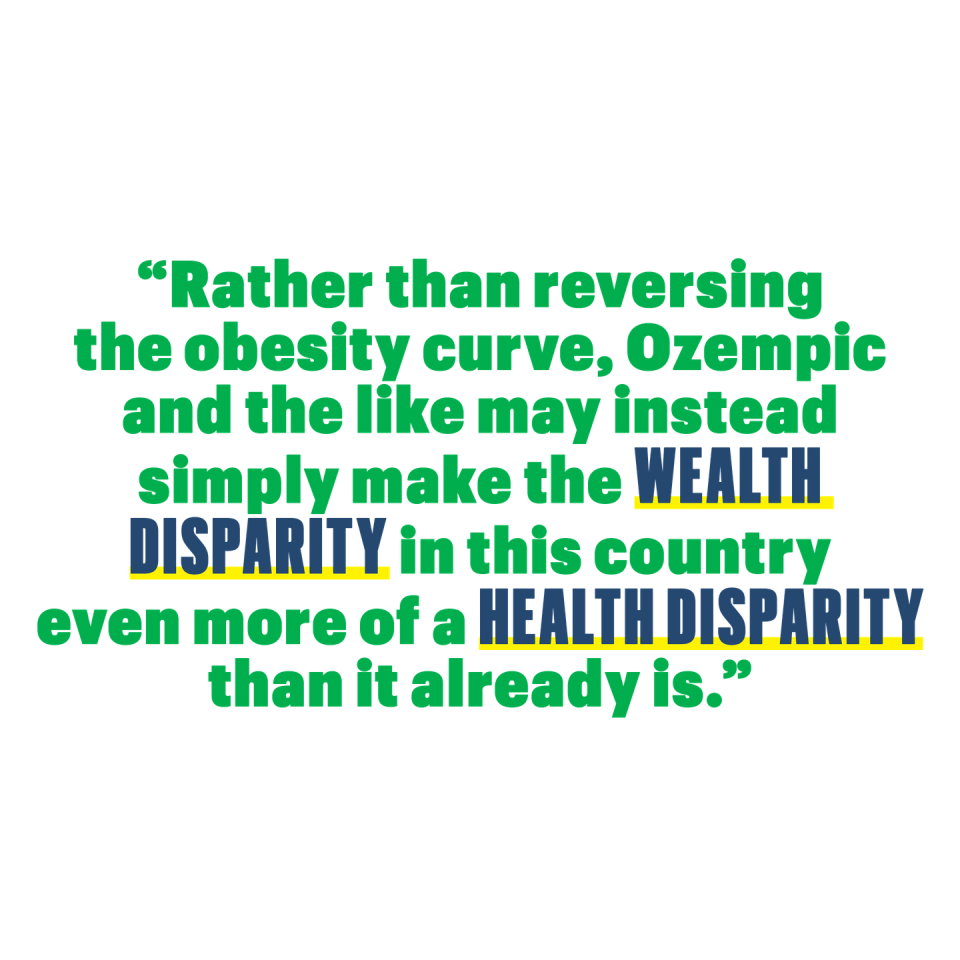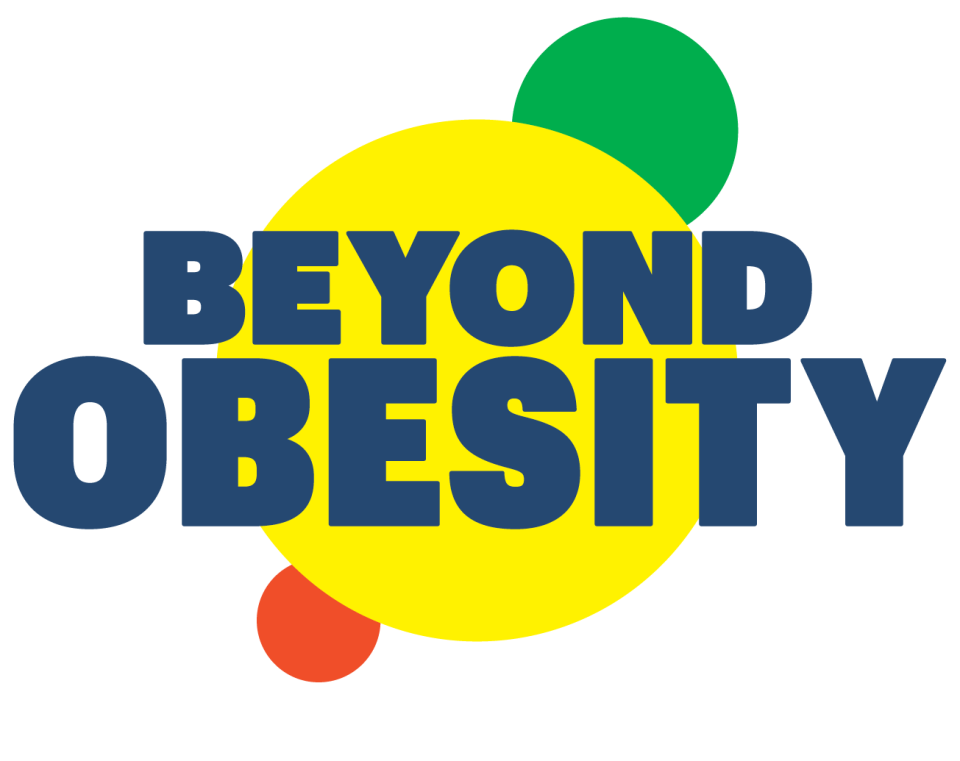The Weight-Loss Drug Revolution Won’t Save Us

"Hearst Magazines and Yahoo may earn commission or revenue on some items through these links."
This piece is part of a series of stories on weight and weight loss in today’s age of radical body positivity, revolutionized cosmetic procedures, and pharma innovations (Ozempic, anyone?). To read the rest of the stories, click here.
EVERY MORNING, BEFORE I go downstairs, I step on a scale. My goal is to see as low a number as possible, so I take no chances. I do not wear clothes when I weigh myself. I use the toilet beforehand but do not drink any water. Sometimes I even suck in my gut while standing on the scale, as if rearranging my torso to look more superficially flattering will somehow change the number glowing back at me. I have an ideal weight in mind for myself: 210. The scale rarely, if ever, hits this magic number. When it goes higher, particularly if it nears 220, my brain instinctively conducts a mental inventory of the previous day’s eating, looking for the primary culprit. It was the cookies. You had too many cookies. Today you will not eat cookies.
And then I begin my day with the appropriate amount of shame.
This routine constitutes progress for me. I am healthy for my age (47), although I didn’t arrive at this point without a struggle. I was an overweight child who never weighed myself because I knew what I’d have to confront if I did. The word husky still triggers me. I still have stretch marks on my sides from my love handles breaking contain. I still have breast tissue. I went to a weight-loss program in middle school that accomplished nothing except making me feel like I was at fat camp. I topped the dreaded scale at 280 in college, then dropped back down to 200, then gained 60 of it back more than a decade later, and then dropped the weight again. I have tried fad diets, exercise, posting my weight daily on social media, calorie counting, intermittent fasting, you name it. Some of those weight-loss schemes worked, others did not. In the end, always in the end, the scale served as the final arbiter of how much that month’s scheme had succeeded. How much I had succeeded. I needed that scale. I fucking hated that scale, and still do.
If you’re reading this magazine, you probably know the feeling. I have receipts. Men’s Health surveyed more than 1,500 American men about their own bodies, and 70 percent said they feel self-conscious about them. Fifty-seven percent of the respondents said they are trying to lose weight, and nearly three quarters of that lot said it’s been a struggle. If you’re not overweight or suffering from obesity, you might feel like it anyway. Your doctor might even tell you you’re medically overweight, as mine did, because the medical standard for what constitutes being “overweight” is so absurd. We might live in an age of body positivity, but you can’t erase centuries of weight-gain stigma with a few tasteful Hanes ads. That stigma remains baked into everything we see, say, and do.

The good news is that there have never been more options to reshape your body according to your specifications, and a handful of potential new ones are already in the pipeline. If you’re like me and have a mildly toxic relationship with personal measurements, you’ve already tried some of these and are willing to try more. Want to go on a diet? Pick one out of a hat. You can go keto. You can go vegan. You can go on something called the Sirtfood diet, which supposedly activates the “skinny gene” in your body via a hefty intake of kale, arugula, red chicory, and other superfoods. You can intermittently fast, although the guidelines to intermittent fasting are so varied that one doctor who talked to Men’s Health for this article said that one of his patients reported eating only twice a week. That is not intermittent fasting. That is a hunger strike.
Hate dieting? You can buy a Peloton and have a jacked bike instructor scream, “Go for it!” at you while you pedal yourself ragged in your basement. You can join a gym or a running group or a hot-yoga class. Hate exercise? You can get liposuction or have your love handles frozen. You can choose from a wide variety of bariatric surgeries.
Or you can check out the new weight-loss drugs. They have strange names like Ozempic and Wegovy and Ramalamadingdong, but they’re also widely reported to work. Not all of them are approved strictly for weight loss, not all of them are covered by your insurance, and none of them are affordable without insurance. You might even source them from an online bootlegger and, as man I spoke to did, mix them up yourself in your kitchen before injecting them into your body. (Please don’t do this.)
That man was willing to go to such extreme lengths to get his hands on Ozempic because our relationship with food, and with ourselves, is broken. We remain hell-bent, often to our detriment, on changing our bodies and reaping both the physical and social rewards of doing so. When we fail in this effort, we feel worse about ourselves. Simultaneously, we’re on the precipice of a potential—and incredibly complicated—revolution in that toxic relationship with weight and body image. Can a new class of anti-obesity drugs repair it? Can innovative fat sucking and freezing and melting procedures repair it? Can anything repair it? Should anything repair it, or are we thinking about weight loss all wrong?
ROUGHLY 43 PERCENT of American men have obesity, according to the National Institutes of Health, and that rate is projected to keep climbing. The best doctors will diagnose obesity—which is an excess of adipose tissue, commonly known as body fat—on a case-by-case basis. But the more typical method of diagnosing it (along with being overweight, which is less severe and even more ambiguous) is through body mass index (BMI), a measurement that the American Medical Association now admits is fundamentally flawed, even racist. BMI is still used by many doctors and, more important, insurers to pronounce you as healthy, or dangerously tubby. This is because, as with your weight, reducing everything to a number simply makes things easier.
Thus if your BMI measures 30 or higher, you will qualify as having obesity, which means that you will be more at risk for heart disease, kidney disease, diabetes, and passive-aggressive comments from your mother. Carrying excess weight puts you in greater danger of surgical complications, including dying from anesthesia, which can potentially disqualify you from vital procedures on your back, knees, hips, and other body parts.
You will also be at extreme risk for everyone, including yourself, blaming you for your obesity. You eat too much. You’re too lazy. You’re fat because you deserve to be. Been there, amigo.
But the truth is that the causes of weight gain and obesity are multifactorial: a loose gumbo of genetics, household income, mental health, race (obesity rates are higher for Black men compared with white men and Hispanic men), a sedentary lifestyle, a diet high in sugar and ultra-processed foods, side effects from various medications, and even viruses. People who suffer from obesity have little to no control over these factors. That does not stop them from believing that they do. And it especially doesn’t stop the people around them, doctors included, from believing likewise. Brian Cantor, M.D., a bariatric surgeon living in Maryland, has seen these stereotypes play out both in his office and in the operating room.

“I’ve been in the room with an anesthesiologist who said, ‘If they just pushed back from the dinner table, that’s all they would need,’” he remembers. “This is someone participating in the care of patients saying these things. There’s this perception, whether it’s in the medical world or just the bigger world that we live in, that there’s no willpower.”
And that perception remains strong: a feedback loop so heavily ingrained in our culture that no number of body-positive influencers can disrupt it. While TV shows and movies and the latest headlines would have you believe that attitudes have changed toward plus-size folks in this country, that’s a daydream. A cover. Pure horseshit. Nearly half the men we surveyed for this issue think that obesity is a failure of will; less than a third consider it a disease. We remain as judgmental as we’ve ever been toward our heavier countrymen... even as our best health-care professionals insist, with ironclad evidence, that we’re thinking about weight gain all wrong.
“I would caution against people who say, ‘It’s only because people aren’t exercising enough’ or ‘It’s only because people aren’t vegetarians,’” says Jody Dushay, M.D., an endocrinologist at Beth Israel Deaconess Medical Center in Boston. “If you have a very high bodyweight or a very high BMI, that is not a choice. That is a disease.”
This means the root cause of obesity isn’t food. But that’s difficult to believe if you’ve been preconditioned by centuries of diet culture that have taught you otherwise. It’s also difficult to believe that obesity isn’t just about food, because we can see food. We know if it’s good food or if it’s a whole bag of Flamin’ Hot Cheetos. And we can see a number on a scale that, in our minds, is a direct consequence of housing all of those Flamin’ Hot Cheetos. (God, I could really go for some Flamin’ Hot Cheetos right now.) So even though obesity is a disease that is not within a person’s control, many Americans still believe that you can control it. With food.
Little progress has been made in changing this collective mindset, in part because all of that external body shaming has made overweight men hesitant to talk about their own struggles at all. Especially with doctors, because a doctor telling you that you’re too heavy feels like a formal sentencing. Melanie Jay, M.D., of NYU’s Grossman School of Medicine, puts it bluntly: “There are some patients who really don’t want you to bring it up.”
You might know this reticence all too well. I know I did. I hated talking about my weight, and especially hated it when other people, particularly my mom, brought it up without being prompted. It felt like a reinforcement of the worst things I felt about myself every time I stepped on that goddamn scale. To an extent, it still does. Because while the causes of obesity are many, so are the mental-health issues that accompany it: depression, anxiety, stress, and more. As if overweight people didn’t have enough shit to deal with, we also get all of this. It’s no wonder many of us simply choose not to deal at all.
“The emotional side of eating—all of the negative core beliefs that people acquired in their childhood that caused them to eat in a certain way and to believe certain things about their bodies—needs to be examined and dealt with,” explains Abby Langer, R.D., author of Good Food, Bad Diet. “It’s shocking how many people don’t want to deal with that. They just want to go on another diet.”

Or they want a drug. In fact, a third of our survey respondents are open to taking one, because who doesn’t want a magic drug that makes this whole problem go away? That’s what I’ve been hoping for my whole big fat life, and there’s a chance that science may—for once!—actually deliver the goods. Injectables like Ozempic, Wegovy, Mounjaro, and Zepbound have the potential to achieve life-changing weight-loss outcomes.
If this news excites you, you’re not alone. The people currently taking these drugs who spoke to us for this article all said that they changed not only their appetite but their entire relationship with food. It no longer ruled them. Every doctor we talked to was equally bullish, and also cautiously excited about the even stronger class of drugs now in the FDA-approval pipeline, like orforglipron and retatrutide. It’s not just the weight loss that these doctors found encouraging but the potential ability of these drugs to drastically reduce the comorbidities that accompany obesity: heart disease, kidney disease, complications from diabetes, and more. These drugs may be the Holy Grail of weight loss that people have fantasized about for decades, if not longer.
But this class of miracle drugs includes potentially nasty side effects that range from vicious nausea all the way to stomach paralysis. Some of the newer drugs haven’t been studied over the long term, which means that you could unwittingly be part of a grand-scale science experiment in taking them, especially since two doctors we consulted agreed that you will likely regain weight should you ever go off them. And if your insurance doesn’t cover them, you might be out around $900 a month, if not more. No matter. The demand for them is growing to a frenzy already. That guy I spoke to who ended up making homemade Ozempic in his kitchen? It worked so well for him that his wife now injects it, too.

SHOULD MORE OF these drugs be approved exclusively for weight loss and made available on a mass scale, they could dramatically lower obesity rates across the country. That’s the daydream, but it’s not one that will be realized equally, if it’s realized at all. Only certain people will be able to access these drugs. Rather than reversing the obesity curve, Ozempic and the like may instead simply make the wealth disparity in this country even more of a health disparity than it already is. Just as affluent whites currently have more access to gyms and to healthier food options, they may also corner the market on GLP-1 agonists (e.g., Ozempic). For example: Life Time, a luxury gym chain, is working on a pilot program to offer GLP-1 drugs to its members. As you might have surmised, this gym doesn’t have locations in inner-city Detroit.
Then there’s the other conversation we need to have—the vanity one. If a bunch of us are on weight-loss drugs, and they’re known to cause muscle loss, are we breeding a new generation of less-jacked men? Are we all just gonna be a bunch of Timothée Chalamets? (No offense to Timmy.) Will we be living in a strength crisis? Will being thin even mean anything anymore? What I do know is the standard for what’s considered beautiful will only grow more unreasonable and therefore more out of reach. Our collective sense of self will only grow worse, and given that people who take these drugs still have to eat right and work out, we’ll still never be able to go on a consequence-free buffet rampage. Annoying.

So if you think that obesity will be cured for all people one day, you’ll be disappointed. If you think these drugs are the true Holy Grail of weight loss, you’ll be disappointed. If you think that you’re perfect just the way you are at 300 pounds, good for you but also you’ll be disappointed when your A1C level hits the moon. There are certain things about weight loss that you and I will never be able to change.
But what you can change is how you feel about all this. You don’t have to hate yourself for your weight. You don’t have to feel, as more than a third of our respondents do, ashamed to take weight-loss drugs because other people might make fun of you or because you think it’s somehow cheating. And, while it’s okay to weigh yourself every morning, you don’t have to make the number you see on that scale the sum of your identity. You are not your weight. You’re more than that. And if anyone else says otherwise, fuck ’em.
Now, if you’ll excuse me, I’m gonna go have a cookie.
This article originally appears in the January/February 2024 issue of Men's Health.

Want the latest science, real-life stories, and fascinating insights on weight and weight loss today? Click the link below to read all of the stories.
You Might Also Like

